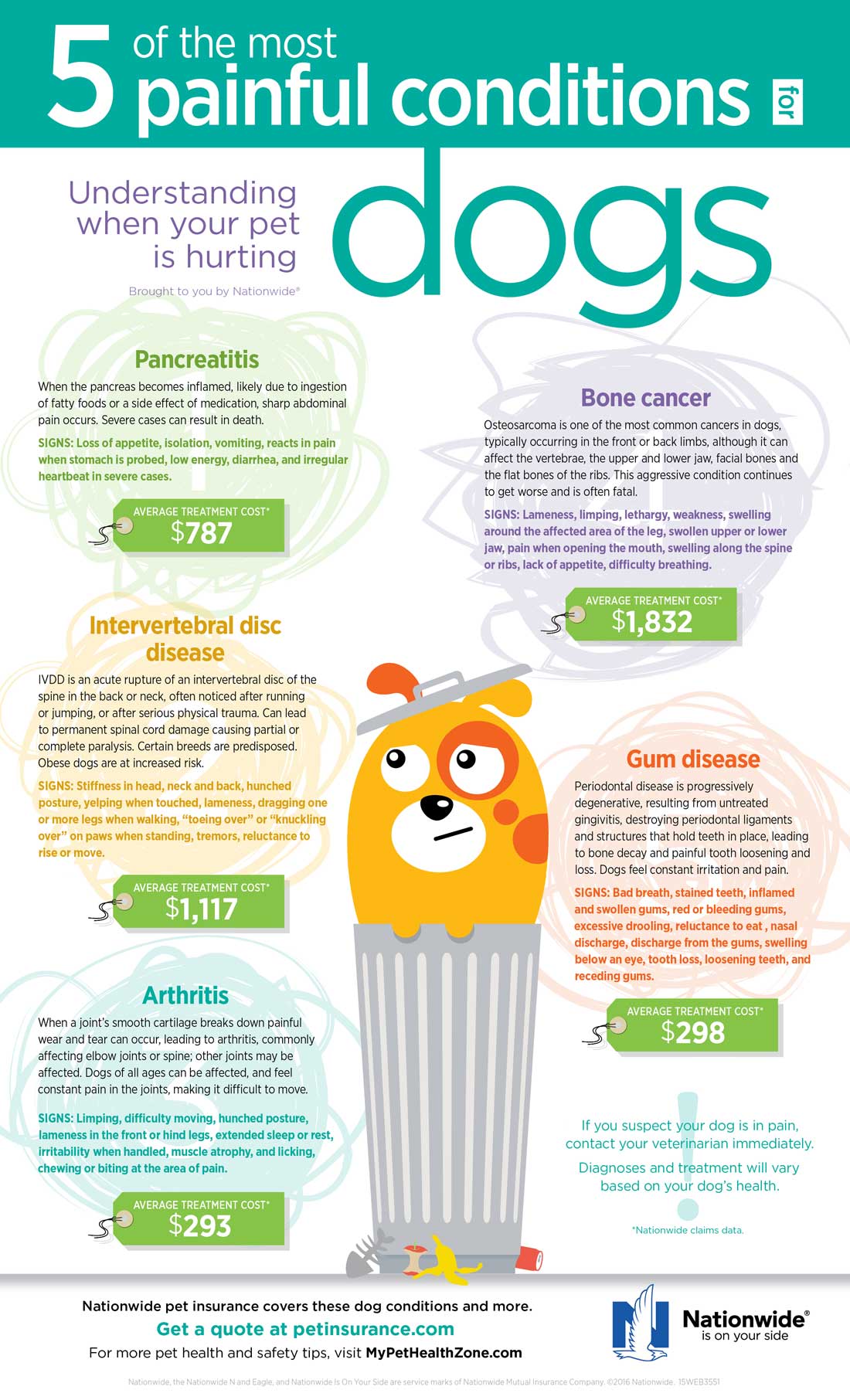Dog Daycare Social Media Examples
Dog Daycare Social Media Examples
Blog Article
Can Pet Daycare Reason Health Problem?
Canines in daycare get lots of workout, socializing with other dogs and unique experiences. This can be specifically practical for young puppies and canines with behavioral issues.
There are several legal factors to consider you require to take into account when starting a doggy day care service. These include the framework of your organization and conformity with federal government regulations.
1. Dog Distemper
Canine distemper is spread with direct contact with the physical liquids and waste of a contaminated pet, yet it can additionally be transmitted via shared water and food bowls or with air-borne beads. This extremely transmittable illness is most harmful for young puppies, however it can affect pet dogs of any kind of age and is deadly for the majority of if left untreated.
Initial symptoms of canine distemper typically imitate a cold, consisting of drippy eyes and nose with watery or pus-like discharge. As the illness proceeds, a pet dog will certainly create high temperature, coughing, minimized hunger, vomiting and diarrhea. The virus can also attack the nervous system, resulting in seizures, twitching and partial or complete paralysis.
Trusted day cares decrease exposure to infection by needing vaccinations, routine health examinations and follow strict hygiene protocols. If your pup seems overly weary or hopping, a day off might assist him recuperate, however you ought to avoid taking him back to daycare until these symptoms clear up.
2. Kennel Coughing
Kennel coughing, additionally referred to as transmittable canine tracheobronchitis or Bordetella, is an extremely infectious viral or microbial illness that affects the respiratory tract. It's generally moved with the exchange of saliva or air droplets that a sick pet breathes out. Social canines are at higher risk for infection due to their constant communication with one another, such as when they play, share food or water, smell one another or simply meet in a jampacked atmosphere like a canine park or daycare.
One of the most usual sign of kennel cough is a persistent and strong coughing that sounds like something stuck in the throat or retching. Typically, pet dogs will cough up foamy white phlegm. If left without treatment, a canine can develop pneumonia and go to severe danger forever.
A respectable day care facility need to have rigorous cleaning and sanitation methods, disinfect all toys, food and water bowls routinely, and be open about their vaccination plans. Keeping your canine up to day on their inoculations, specifically for bordetella and canine flu, will considerably decrease their chances of getting the health problem.
3. Parvovirus
Canine parvovirus, or parvo, is a highly transmittable viral dog boarding facility near me health problem that can be fatal for pups and young person dogs with inadequate body immune systems. It's most frequently spread by direct contact with contaminated dog feces-- which can take place when pet dogs sniff, lick, or taste contaminated feces-- and indirectly from polluted people, items, or environments (like kennels, brushing rooms and grass). Young puppies and pets without total vaccination backgrounds are especially susceptible to parvo.
The virus is very resilient, enduring in the atmosphere for up to 9 years, and can easily be moved between canines by call with feces or on footwear, clothes, and bed linens polluted with parvovirus. If not treated immediately with IV liquids, electrolyte balance, vomiting control drugs and prescription antibiotics to prevent second bacterial infections, a pet will rapidly dry out and develop serious diarrhea, which brings about shock and sepsis. Parvo is tough to heal when a dog has come to be ill, yet with appropriate veterinary care, lots of pups do survive this disease.
4. Dog Flu
Pooch flu virus is highly infectious and spreads with straight get in touch with, sharing food and water bowls, licking or nuzzling various other pet dogs, via air-borne droplets, and through polluted surfaces. Inoculation works in minimizing the threat of infection and outbreaks.
Most impacted canines establish a moderate breathing infection with a cough that lasts 1-3 weeks. They may likewise have nasal and eye discharge, sneezing, and sleepiness. A few of one of the most severe instances cause pneumonia and a high fever.
If your pet shows any one of these signs and symptoms, do not bring them back to childcare till they are healthy and balanced. If your pet is revealing indications of extreme tiredness or limping, talk with your vet as soon as possible and make sure they are on healthiness supplements to aid construct their immunity. A veterinarian will certainly review your dog for signs of the influenza by taking an example from the nose or throat, and blood tests can be done to confirm.